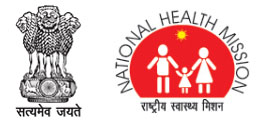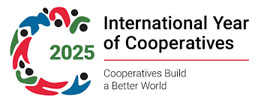In the era of digital healthcare, harnessing the power of data is pivotal to enhancing patient outcomes, optimizing healthcare delivery, and ensuring informed decision-making. Health data analytics involves collecting, analyzing, and interpreting large volumes of health-related data to uncover valuable insights. By employing advanced analytics techniques, we can identify patterns, trends, and correlations within the data. This knowledge is invaluable for predicting disease outbreaks, improving patient care protocols, and making data-driven policy decisions.
Powerful dashboards serve as intuitive interfaces, providing real-time, visual representations of complex datasets from various health portals. These dashboards consolidate data from disparate sources, offering a comprehensive view of healthcare metrics. With interactive charts, graphs, and customizable features, they empower healthcare professionals to monitor key performance indicators, track patient outcomes, and assess the effectiveness of healthcare interventions.
Benefits:
- Informed Decision-Making: Health data analytics coupled with powerful dashboards enable evidence-based decision-making. By visualizing trends and patterns, policymakers and healthcare providers can make informed choices, leading to more effective strategies.
- Enhanced Patient Care: Access to real-time data allows healthcare professionals to monitor patient health continuously. Timely interventions and personalized treatments can be administered, improving the overall quality of care.
- Resource Optimization: Analyzing healthcare data helps in identifying areas where resources can be optimized. Whether it's allocating staff, medical supplies, or funds, data-driven insights ensure efficient resource management.
- Strategic Planning: By analyzing historical data and forecasting future trends, NHSRC can engage in long-term strategic planning. This proactive approach helps in preparing for healthcare challenges and ensuring the resilience of the healthcare system.
- Improved Collaboration: Powerful dashboards facilitate collaboration among different departments and stakeholders. Centralized access to data promotes interdisciplinary communication, fostering a cohesive approach to healthcare management.
Implementing health data analytics and powerful dashboards aligns perfectly with NHSRC's commitment to advancing healthcare in the digital age. By harnessing the full potential of data, we can elevate the standards of patient care, optimize resource allocation, and contribute significantly to the overarching goals of the organization.


